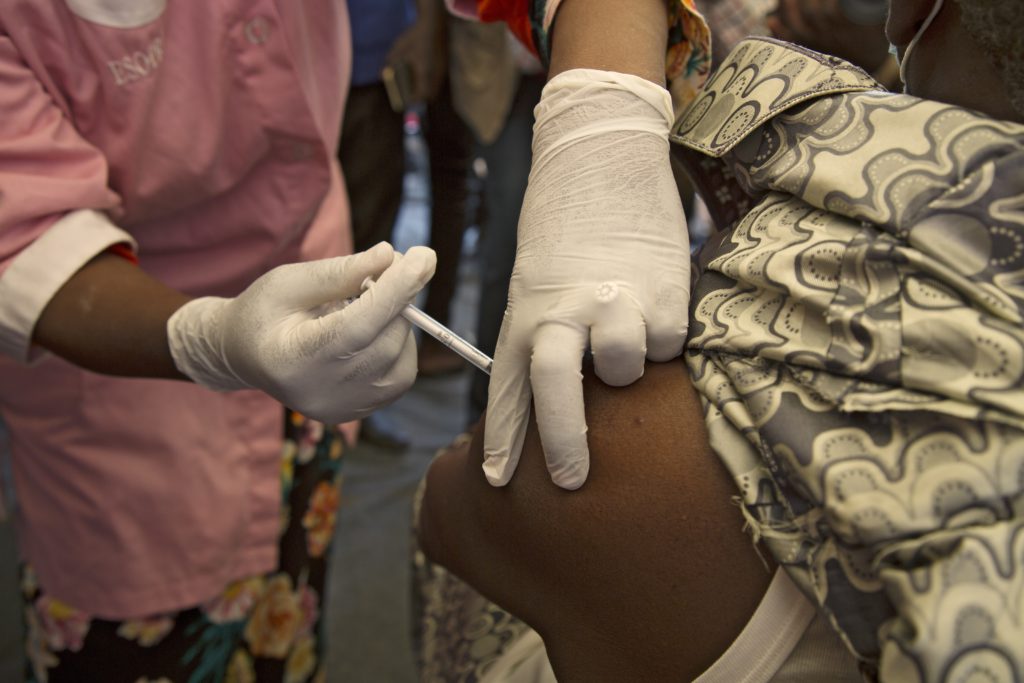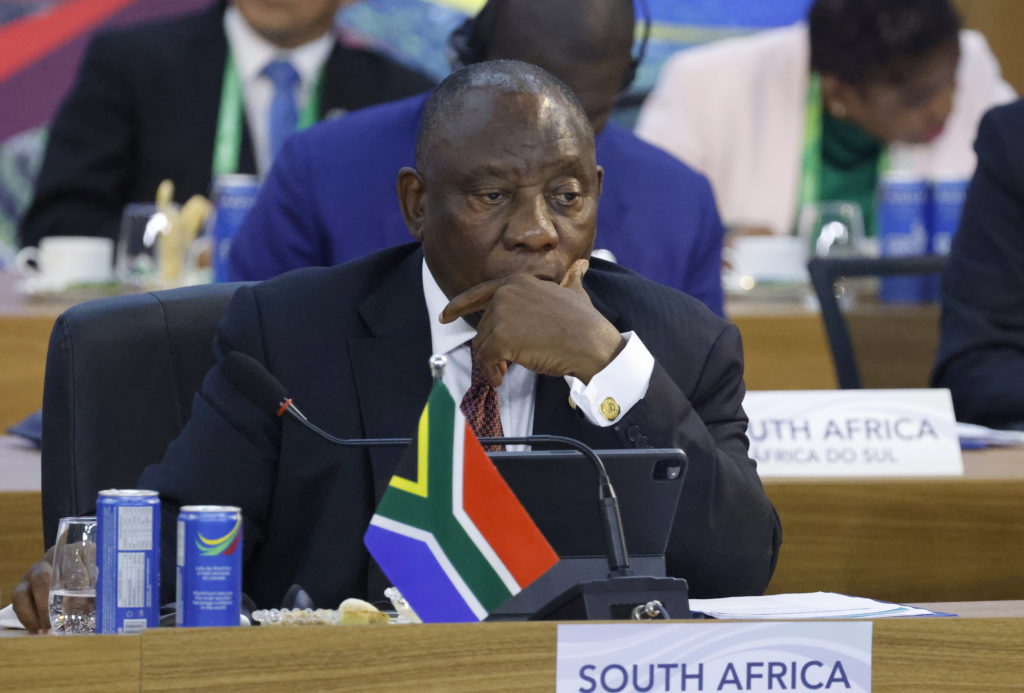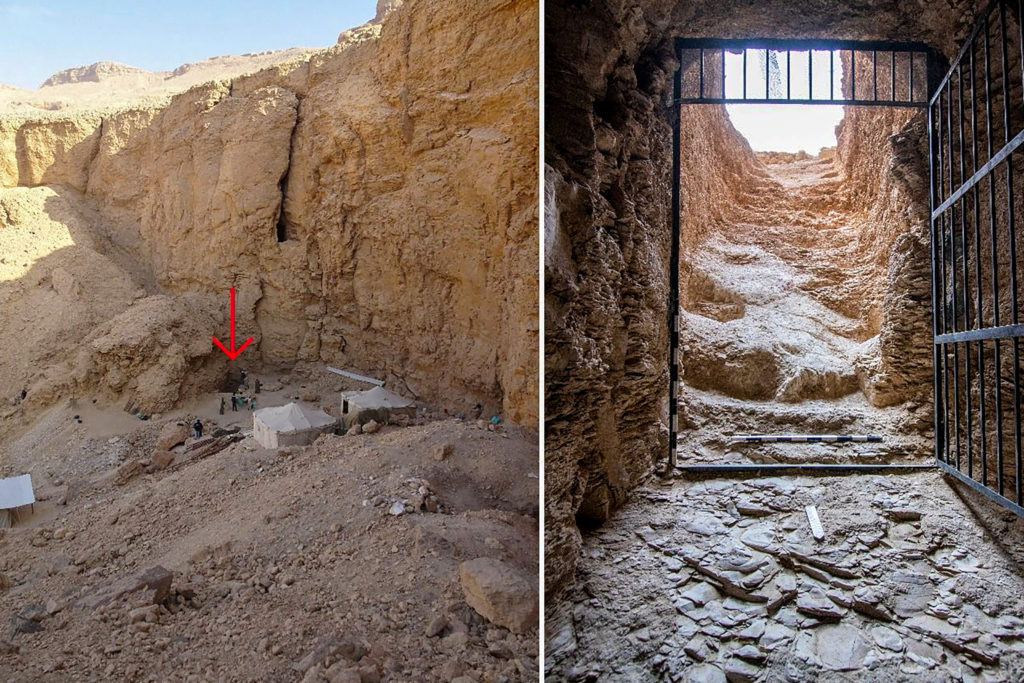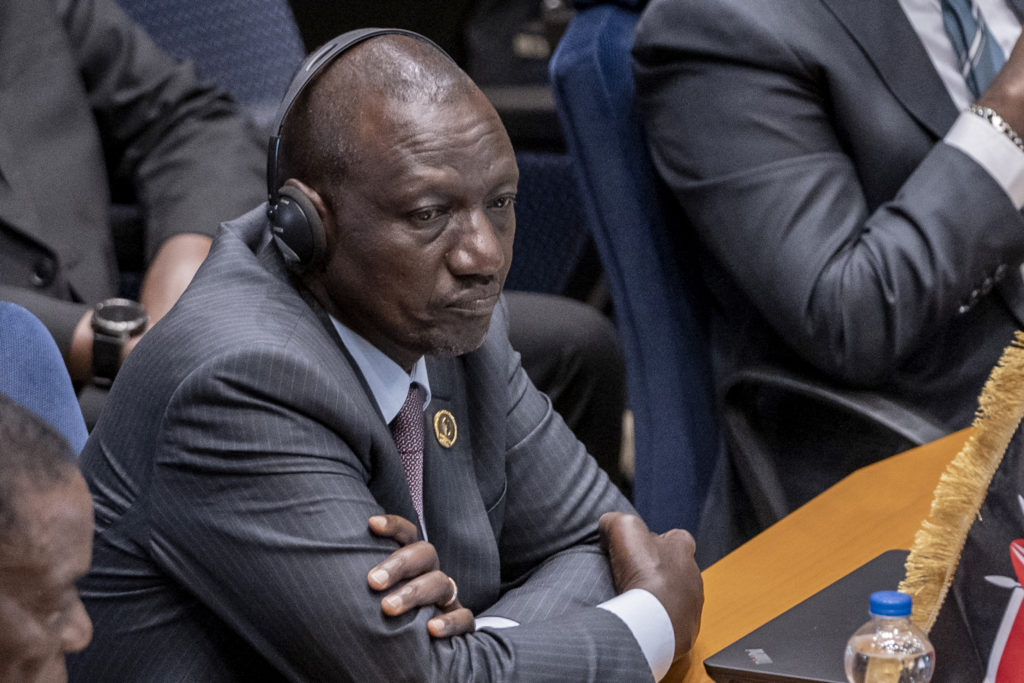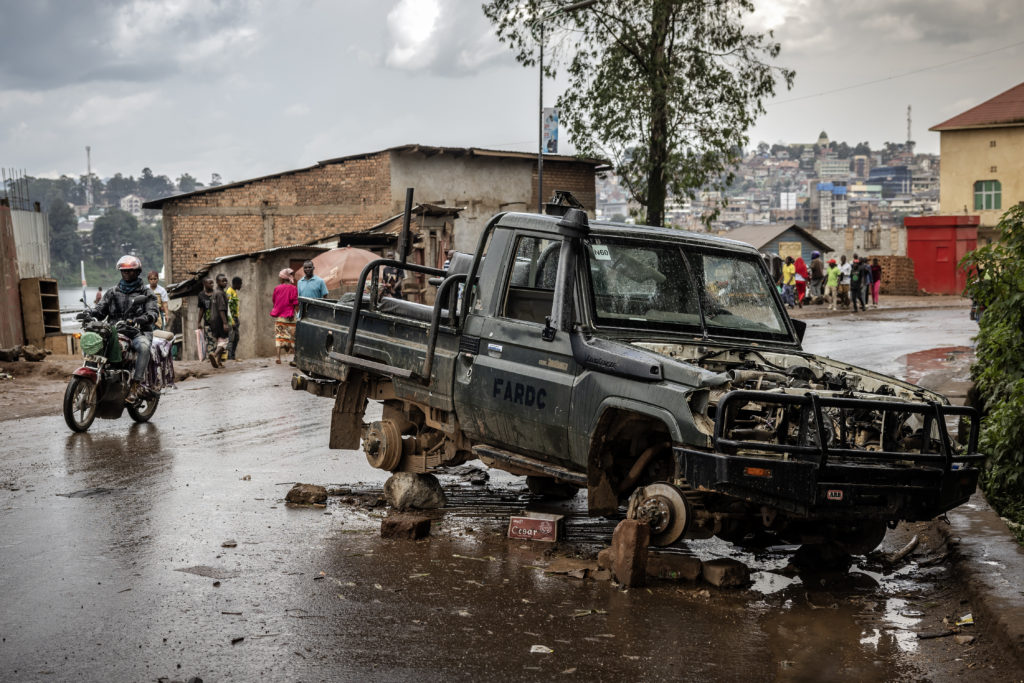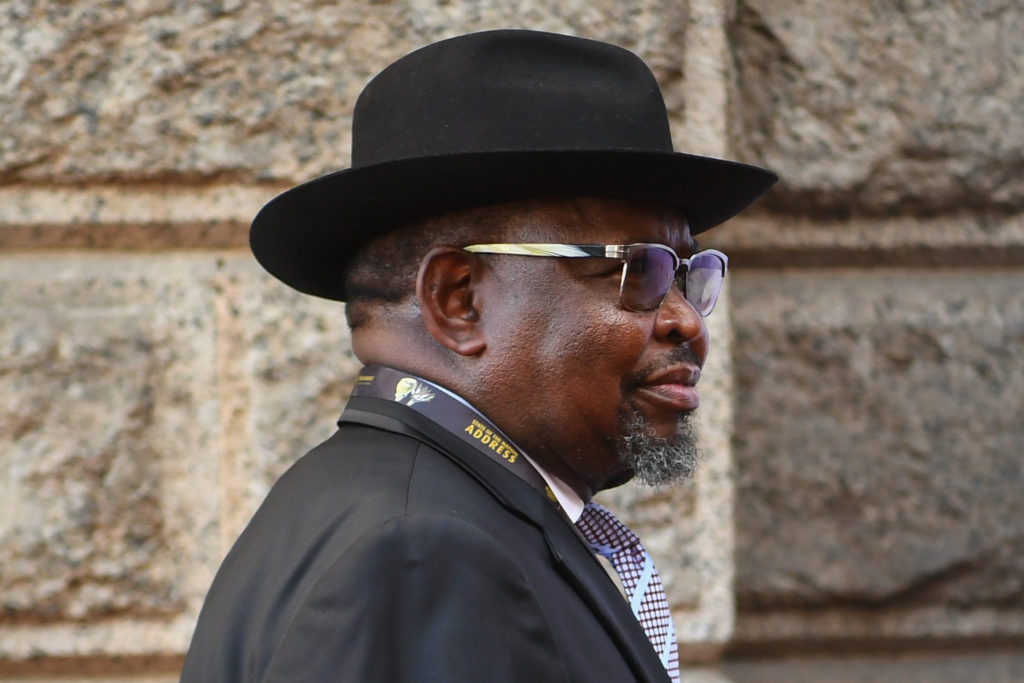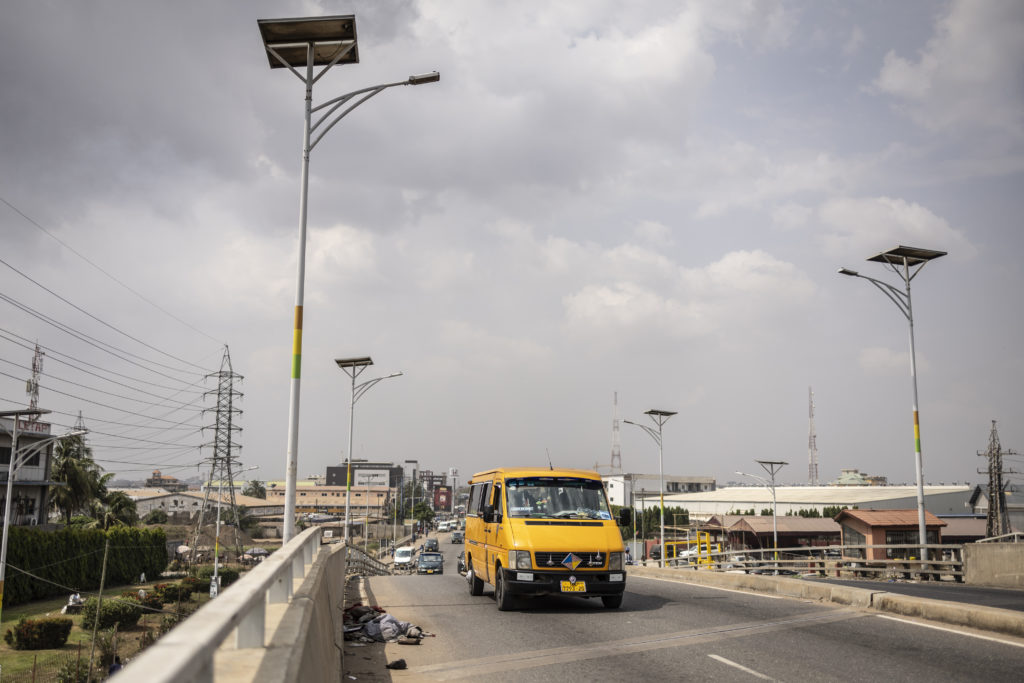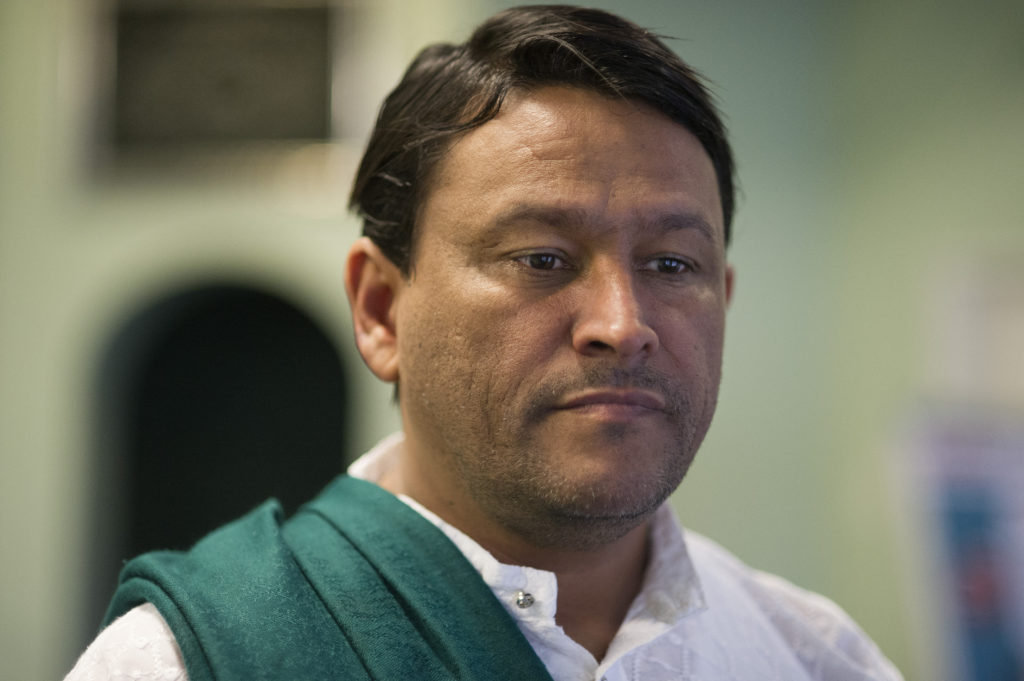When healthcare workers in central Mali travel to vaccinate children against measles, they have to negotiate with the jihadists who control some villages threatened by the epidemic.”At first, they categorically refused. They see vaccines as carrying diseases,” said a representative from a Malian NGO, who did not wish to be named for safety reasons.”So it’s not possible for us to vaccinate children in villages and their parents can’t get it done in the city. That’s why the measles epidemic has worsened,” they added.In this case, faced with the “devastating effect” of the epidemic the jihadists changed their minds: “They came and asked the health services to vaccinate the children.”But the tough task facing health workers on the ground in Mali is typical of the broader issues derailing vaccination campaigns across the wider Sahel region, vulnerable to political instability and plagued by jihadist groups.Those have led to a number of children having never been vaccinated, or having poor immunity against a range of illnesses.”In 2023 alone, most of these countries had a significant proportion of unvaccinated children,” Majdi Sabahelzain, co-author of a British Medical Journal Global Health study from the end of January told AFP.Civil war-torn Sudan was particularly vulnerable with 43 percent of children unvaccinated, followed by Mali on 22 percent and Chad on 16 percent, said Sabahelzain, from the School of Public Health at the University of Sydney.- Religious rejection -Mass displacement of civilians and the destruction of health infrastructure from the region’s many conflicts likewise threaten routine vaccination programmes.Part of the problem is that Islamist and jihadist groups are often opposed to vaccines for religious reasons.That rejection is sometimes influenced by a rejection of Western ideas, according to the BMJ study, with armed groups targeting health workers and humanitarian organisations as a result.In October, the NGO Doctors Without Borders was forced to suspend its work in Nampala in central Mali and Djibo in northern Burkina Faso — both hotbeds of jihadist violence — following attacks on its staff and premises.Mali, Niger and Burkina Faso — who have all been hit by coups in the past half-decade — have seen a “notable increase” in such attacks, Sabahelzain said.In Niger, healthcare unions have sometimes complained of the “kidnapping” of nurses by “terrorists”, possibly to treat their wounded in the west of the country.”In 2020, one-third of global aid worker abductions occurred in these regions, severely hindering assistance delivery,” Sabahelzain told AFP. Many humanitarian organisations have stopped making the trip to dangerous areas as a result.”It’s risky to travel in a vehicle to reach people who are far away. Massed grouping is also dangerous,” said a doctor for a humanitarian nonprofit in Gao, northern Mali. “We often face our cold chain being sabotaged by unidentified people,” the doctor added, referring to how the workers keep vaccines refrigerated at the right temperatures.- Junta restrictions -Besides armed groups, international organisations have to work around the restrictions imposed by many Sahel governments.Since taking power in military coups, the juntas ruling Niger, Mali and Burkina Faso have turned away from the West and former colonial ruler France in particular.Since November 2022, Malian authorities have banned the activities of all NGOs financed and supported by France, humanitarian organisations included. In early February, Niger’s authorities ordered the International Committee of the Red Cross to leave the country immediately. No reason was given for the decision.In November, they also withdrew authorisation for the French NGO Acted and the local nonprofit Action for Well-Being, again without offering an explanation. The junta has ordered NGOs and development organisations to align their activities with their “vision” and their strategic priorities. Disruption to vaccination campaigns has led to a growing number of children who have never been vaccinated or receive few inoculations.These obstacles to inoculation meant there was a “persistent risk” of diphtheria, tetanus and other preventable diseases spreading across the Sahel, the BMJ study warned.Cases of measles in Chad were five times higher in 2023 compared to 2022, increasing from 2,158 to 11,862, while polio cases nearly tripled from 252 to 680 in Burkina Faso, according to the study.
Tue, 18 Feb 2025 06:35:15 GMT

